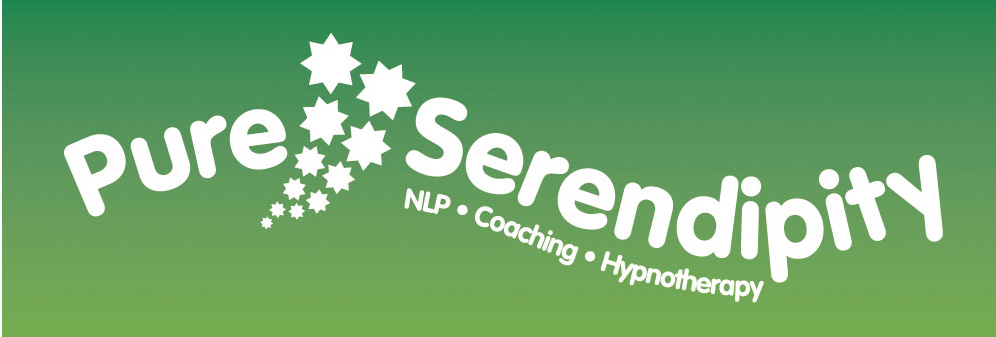Every so often in get emails suggesting I built my list size. They promise 'quick and easy' ways of increasing the size of my mailing list. And, since my last post - on giving up things for Lent - I have given up opening them and consigned them to my 'trash' bin instead. Not that I don't want to build my list, I do - just that my experience in the past has been that these emails promise more than they deliver, generally demand far more time and money than they suggest and put a premium on quantity over quality.
This month, I have nevertheless been busy building my list size -both in terms of people who subscribe to my blog, article, newsletter and web feeds - and, as importantly, in terms of 'things I'm giving up' (for the context behind this, see the previous post 'I give up!').
So, here are just some of the additional things that I've given up since my last post
R
- Returning/forwarding (unless the pictures are particularly stunning or funny, in which case I might still forward) 'chain letter' emails - the ones that come with a 'send this to all the people you care about including me' tagline at the bottom. There are far more practical, tangible and meaningful ways of showing someone you care about them than simply hitting the 'forward'' of 'reply' button on your email system without bothering to add even one or two words of personalisation.
- Subscribing to email lists that I rarely read or have never implemented - I can do without them cluttering up my inbox and mental space
- Putting my credit card bill to one side with the intention of paying it later (within the deadline - but 'later). Out of sight all too often becomes out of mind - so I now pay it as soon as it arrives so that if, as is likely, I forget about it, I don't fall liable for interest charges.
These small, straightforward and, to many, second nature changes have made a huge difference already.
What could you do/give up that while it requires little effort could have a significant and positive impact on your life?



